Open Education
People + Policy + Technology
Billy Meinke, MEd
UHM College of Education / DCDC
Thanks :D
BRAINSTORM
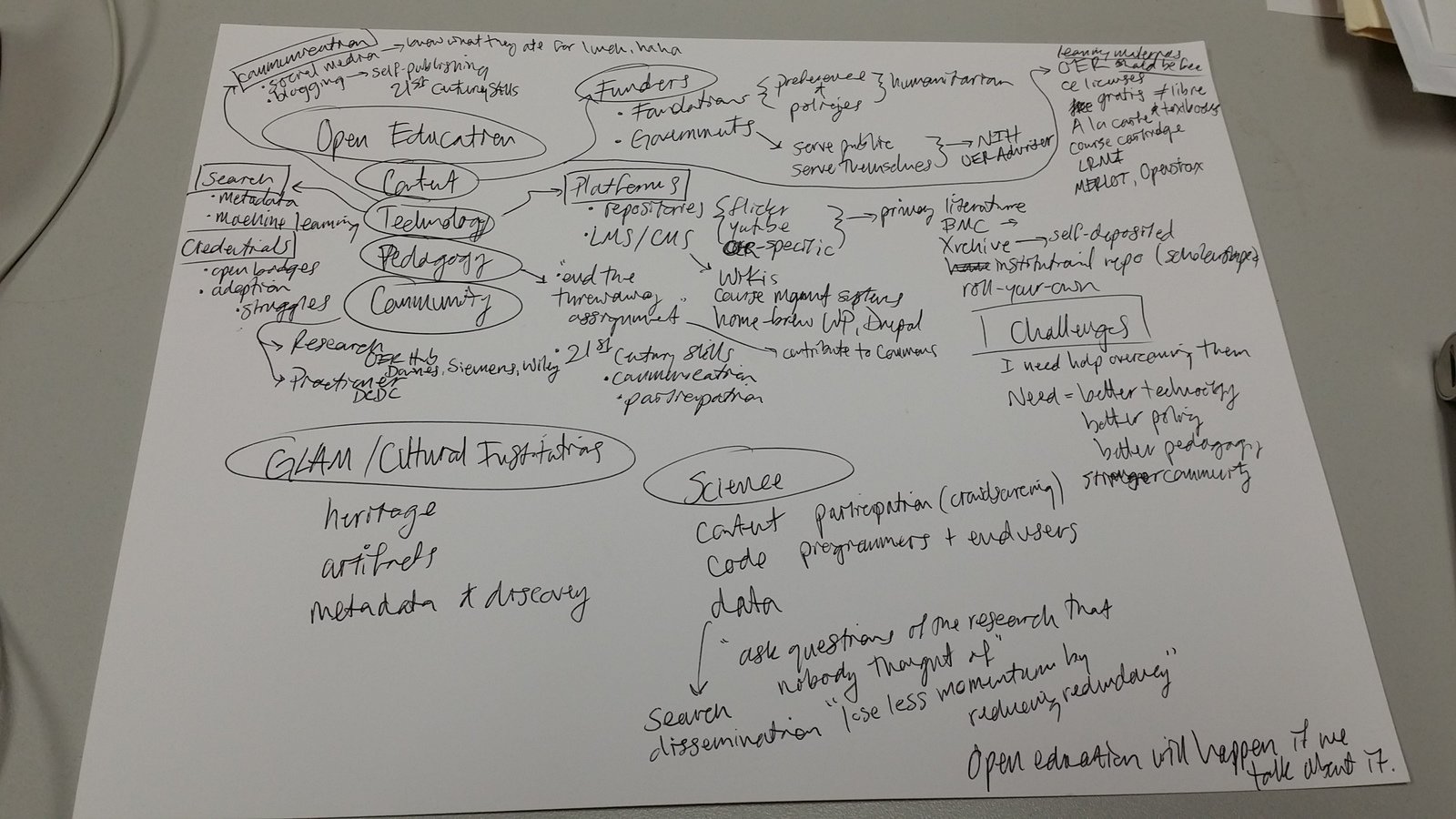
About Me

Non Traditional
Not an academic
but
Part of the academic community

Post-masters

(well, crap)
Open Knowledge Festival

Image by Daniel Schildt, CC BY-ND
At CC

Photo by tvol / CC BY
TAACCCT

Image by Giulia Forsythe / CC BY
Share My Memory
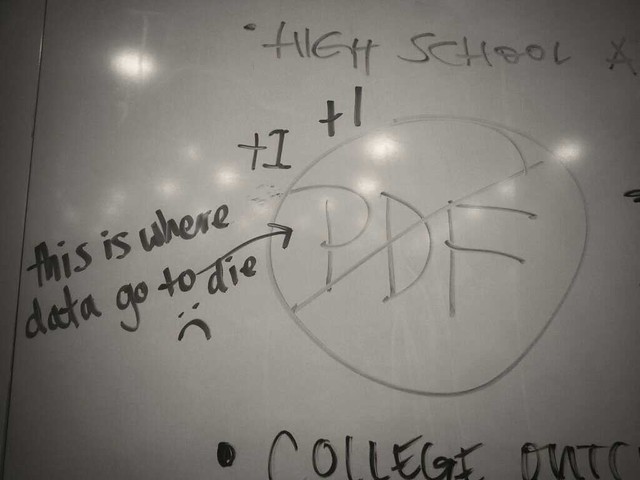
Stanford Data Jam 2013
Open Practices

Icon by Makayla Karnowski
Digital Citizens
"People who think of themselves as capable of creating as well as consuming are different kinds of citizens, and our collective actions add up to a different society."
-H. Rheingold
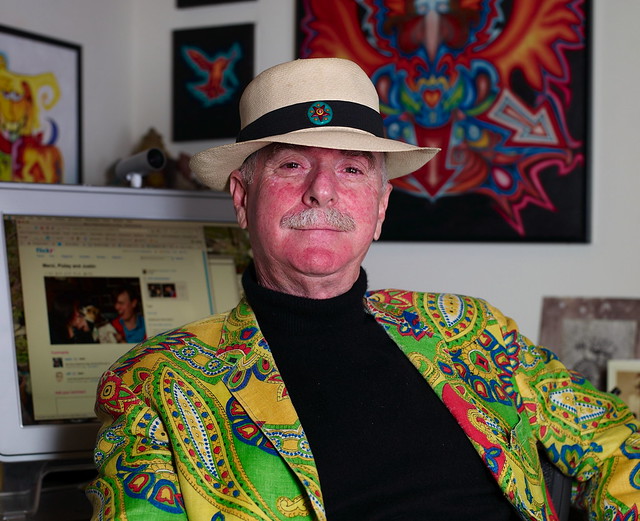
Photo by Joi Ito / CC BY
The Infamous OER

Meme by Paul Stacey / edtechfrontier.com
OER is Everywhere

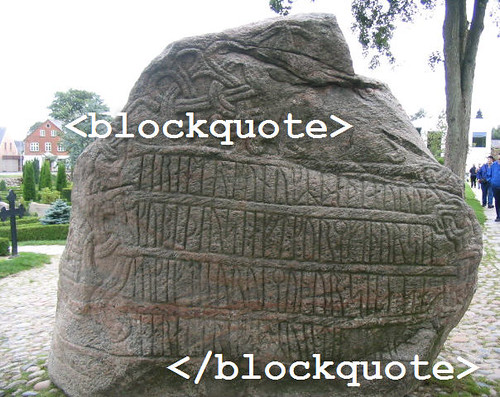
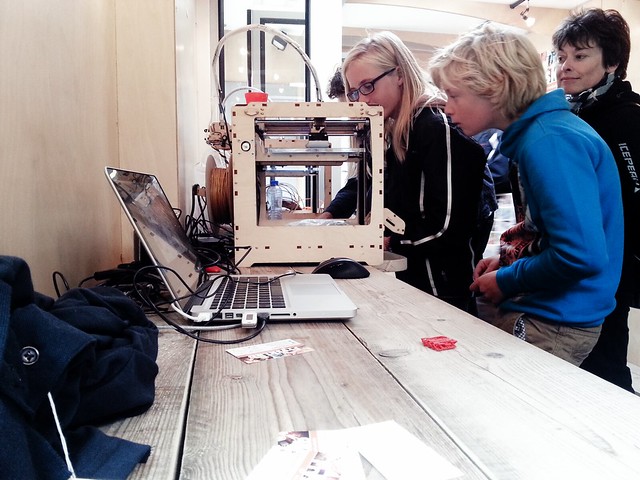

Open It Up
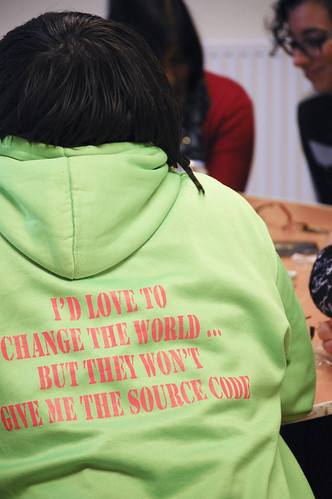
Image by DOeS Liverpool / CC BY-SA
Freedoms, not just free stuff

"I could have made money this way, and perhaps amused myself writing code. But I knew that at the end of my career, I would look back on years of building walls to divide people, and feel I had spent my life making the world a worse place."
-Richard Stallman
Photo by Habib M’henni / CC BY-SA
Free Culture
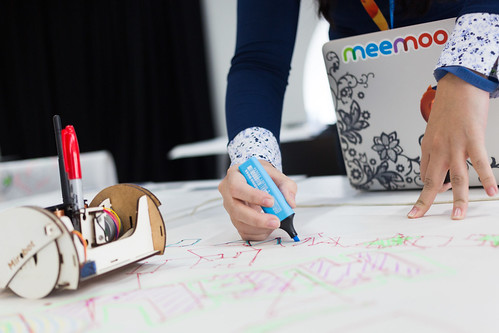
Image by Mozilla in Europe / CC BY-SA
Working Open

-
participation. rocket fuel for smart collaboration.
- agility. speed. flexibility. getting shit done.
- momentum. communities want to push boulders that are already rolling.
- testing and rapid prototyping. iterating and refining as we go.
- leverage. getting greater bang from limited resources. punching above our weight.
-openmatt.org
Open Badges
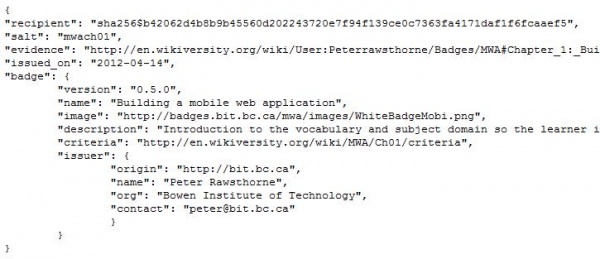
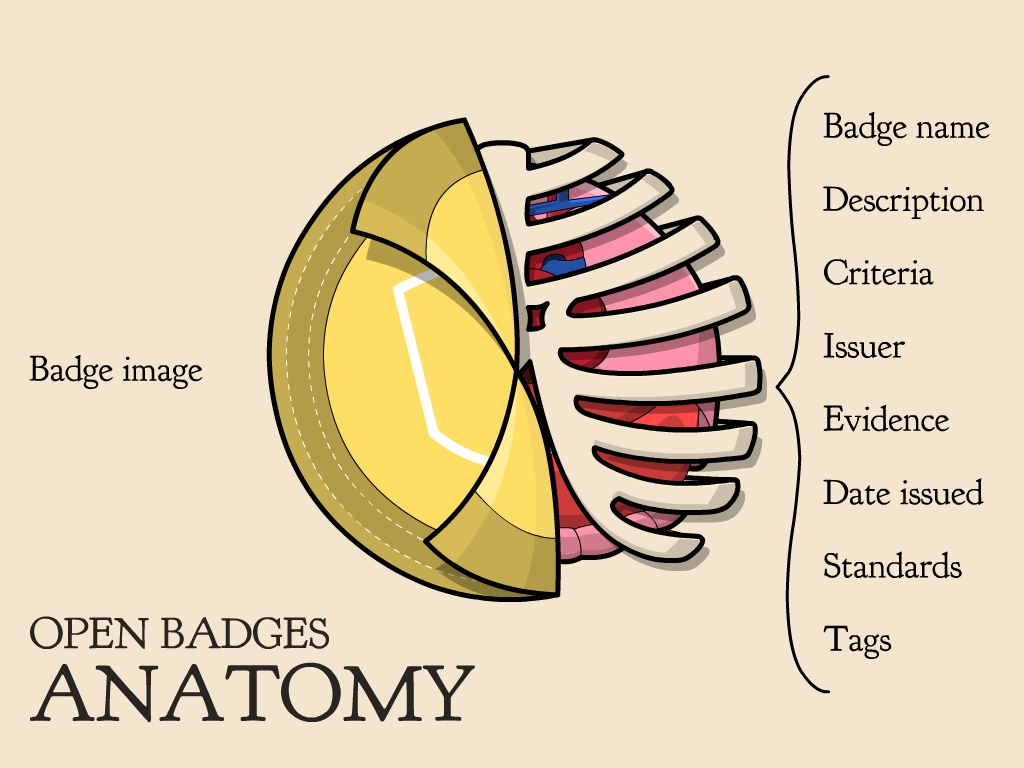
Wiki Wiki

Illustration by Giulia Forsythe / CC BY
Who Writes Wikipedia?
"When you put it all together, the story become clear: an outsider makes one edit to add a chunk of information, then insiders make several edits tweaking and reformatting it. In addition, insiders rack up thousands of edits doing things like changing the name of a category across the entire site — the kind of thing only insiders deeply care about. As a result, insiders account for the vast majority of the edits. But it’s the outsiders who provide nearly all of the content."
-Aaron Swartz
http://www.aaronsw.com/weblog/whowriteswikipedia
Content, Code, (Data)

Roads, Infrastructure

Specs, Standards, Formats

How Open Is It?
Wiley et al's ALMS (2010)
-
Access to editing tools?
-
Level of expertise required to revise or remix?
- Meaningfully editable
- Source file access
Wiley's 5 Rs of Openness (2014)
Retain | Reuse | Revise | Remix | Redistribute
(Openness is a spectrum, not an on/off switch)
The Textbook Is No More

(of course not)
Stand Up Some Storage

Sprint Development
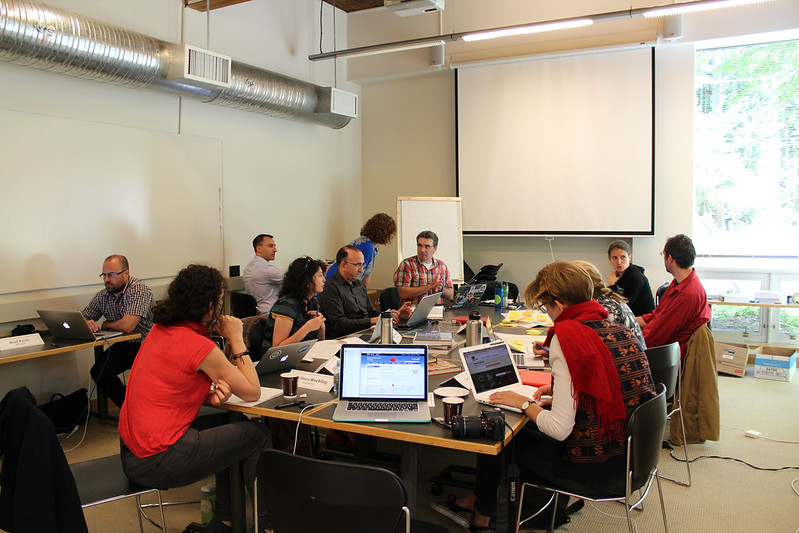
Back To Reality

Really, It's Everywhere



OpenStax, Open Course Library, OER World Map
Advocacy and Activism

eff.org / CC BY
Webby Things
HTML | CSS | Javascript
CMS/LMS/frameworks!
Libraries Rule

Foundations



Government


background image by Diego Cambasio / CC BY-SA
Research

oerresearchhub.org
Excited About Museums




http://dp.la/info/gif-it-up/gif-it-up-2015/
Science With Me!



Need More Awareness

Better Hackable Tools
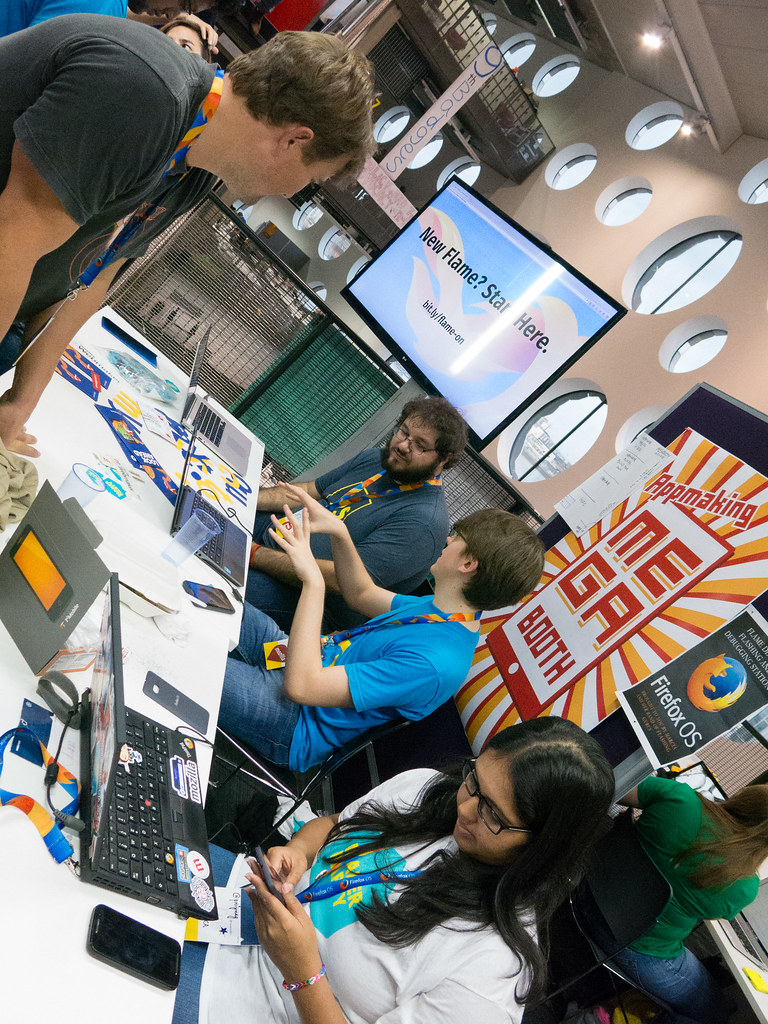
Image by Mozilla in Europe / CC BY-SA
Need New Pedagogical Techniques


Join Communities
background image by See-ming Lee / CC BY-SA
Get Social :D

Final Thoughts
"In software, "open" refers to free or open-source software, standards, data, platforms, access and scope. These push control to the edge, where innovation thrives. Open platforms let users choose which software to install. The open-data movement seeks to boost governments' economic efficiency, knowledge and public trust by liberating people's data. Like decentralisation, openness empowers people, contributing to the innovation that produces economic and social gains."
-Tim Berners-Lee
Background image by Anthony Albright / CC BY-SA
Sign Up, Or Roll Your Own
Begin your relationship with openness now.
/fin
Questions?
billymeinke.com
@billymeinke
Mahalo!